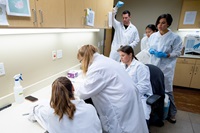
About seven miles north of Rio Vista in Yolo County, DWR’s Sentinel research vessel gently approaches the underwater cages.

About seven miles north of Rio Vista in Yolo County, DWR’s Sentinel research vessel gently approaches the underwater cages.
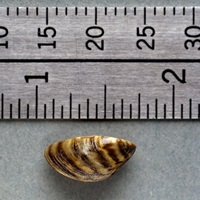
As boating season kicks off, DWR, California State Parks’ Division of Boating and Waterways (DBW), and California Department of Fish and Wildlife (CDFW) urge boaters to always remember to clean, drain, and dry their boats before entering and leaving lakes, rivers, and other waterways to help prevent the spread of quagga or zebra mussels.
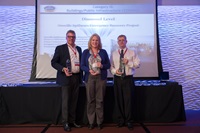
With the goals of zero accidents and claims, on time, within budget, and meeting quality objectives, DWR’s Collaborative Partnering Program is a vital tool for improving the success of its construction projects.
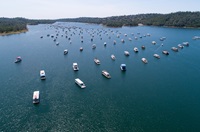
For anyone who enjoys the abundant recreation opportunities at Lake Oroville, a full reservoir is a welcome site after years of drought and lower-than-normal lake levels due to spillway reconstruction.
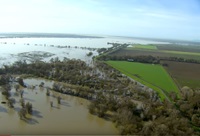
The Department of Water Resources (DWR) in partnership with the U.S. Bureau of Reclamation and in coordination with California Department of Fish and Wildlife has begun launching a new, first-of-its kind structure for California that aims to address a long-standing conflict between infrastructure and ecosystems.
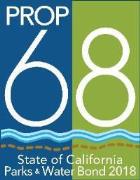
The California Department of Water Resources announced the opening of the 45-day public comment period for the Draft Proposition 68 2019 Sustainable Groundwater Management Grant Program Guidelines and the Planning – Round 3 Proposal Solicitation Package (PSP).
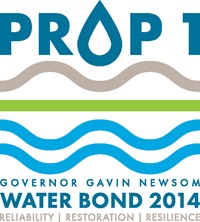
DWR released the final Guidelines and Proposal Solicitation Package (PSP) for the Integrated Regional Water Management (IRWM) Implementation Grant Program.
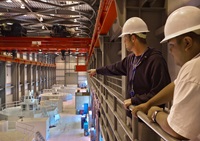
Jump-start a career in the hydroelectric industry and apply for DWR’s paid apprenticeship program, which combines supervised on-the-job training, classroom and hands-on-learning, and home study.

DWR released the first round of projects to be awarded grant funding by the Water Desalination Grant Program as part of the Continuous Application Process (CAP1).
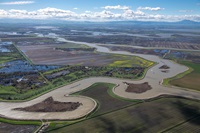
The Sacramento-San Joaquin Delta is the largest estuary on the West Coast. It’s a maze of floodplains, rich farmlands, and leveed waterways that helps provide freshwater to 27 million Californians.